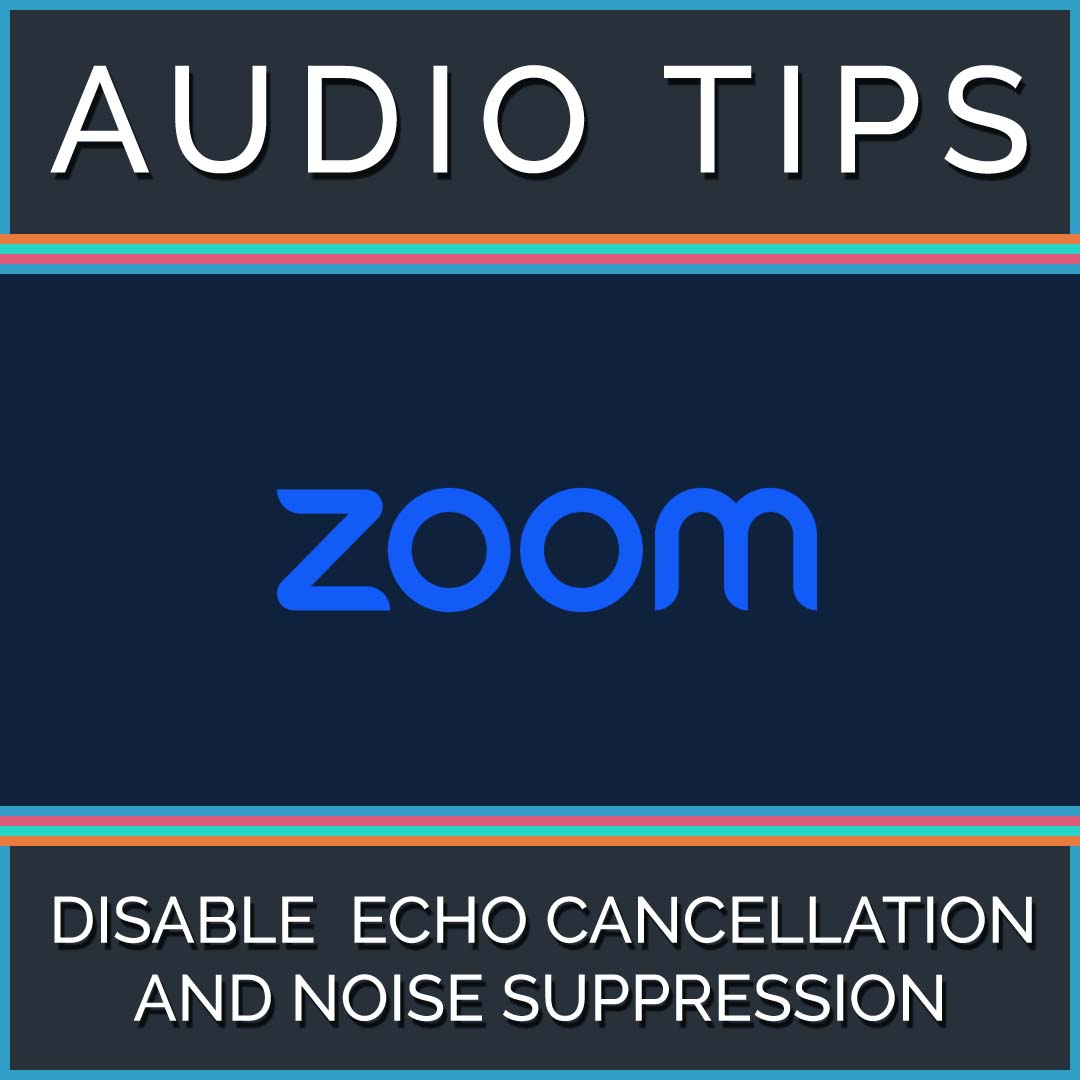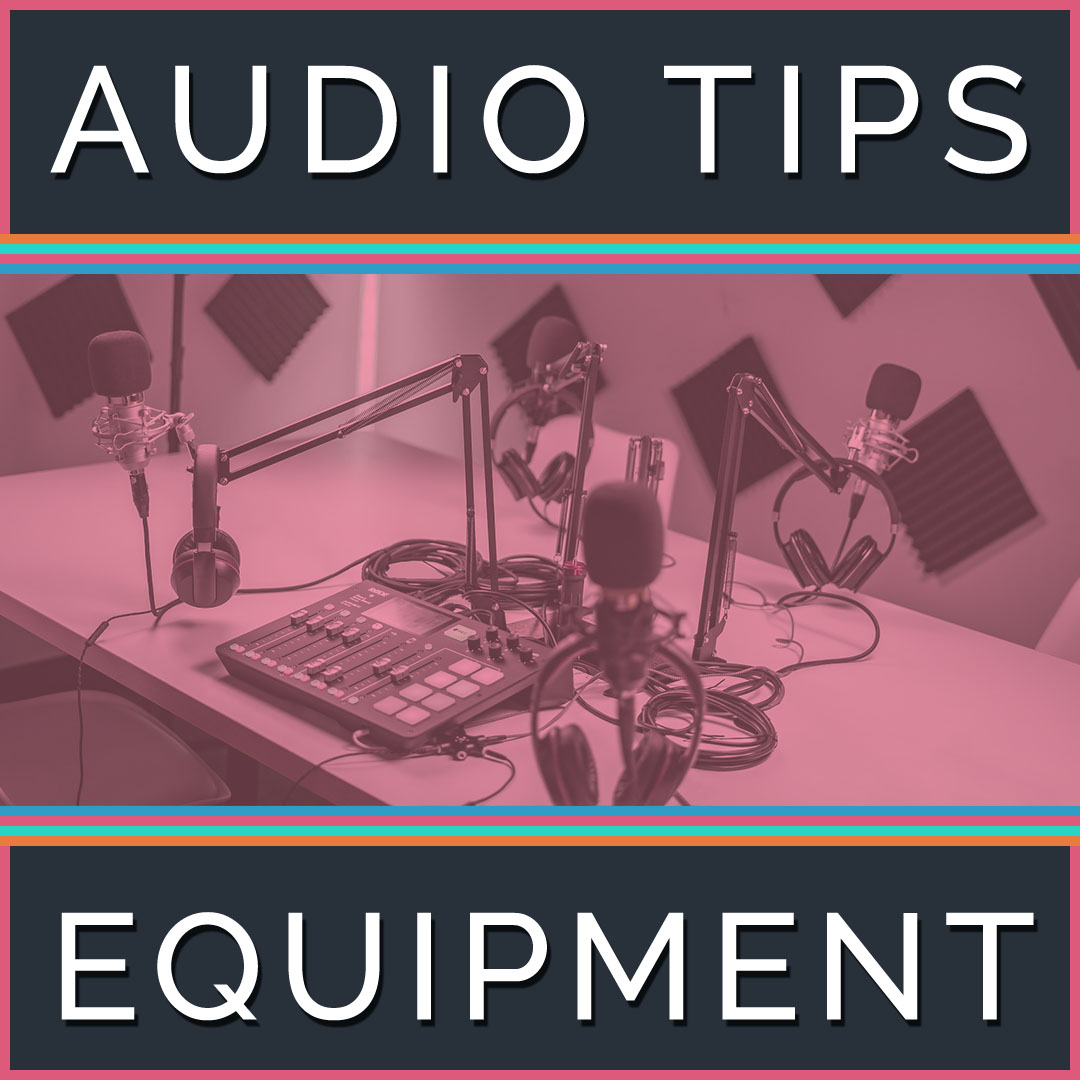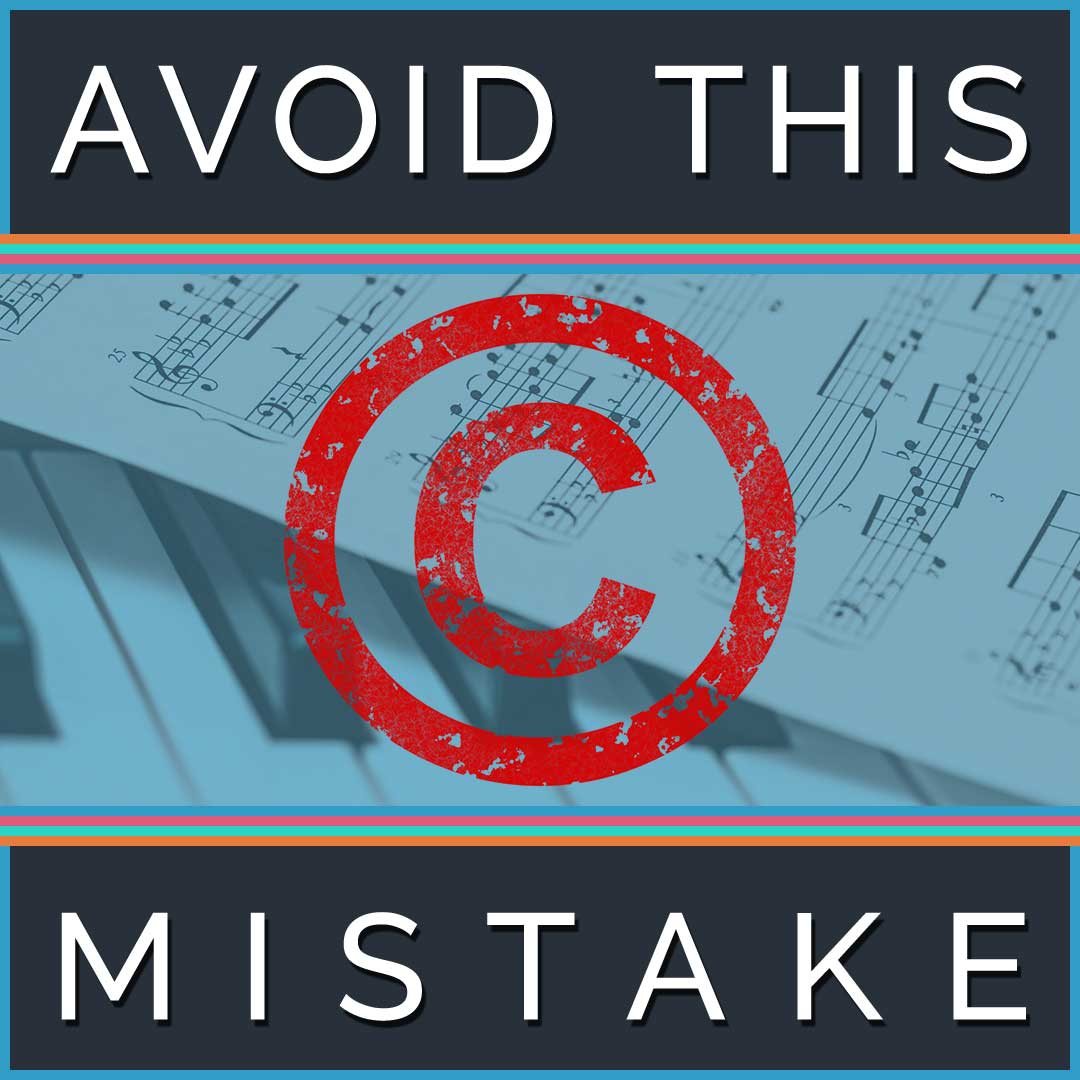
As a podcaster, the quality of your audio can make or break your show. Poor sound quality can be distracting and make it difficult for listeners to focus on your content, while good sound quality can enhance the listening experience and make your show more professional. If you are podcasting to promote your business, you no doubt understand the importance of a professional presentation.
Here are some tips for getting good sound recordings for your podcast. Be on the lookout for follow-up articles in the coming weeks that will provide a deep dive into each of these tips.
- Invest in good microphones and recording equipment. While it’s possible to record a podcast using just your smartphone or laptop, using dedicated recording equipment can significantly improve the sound quality of your podcast and make it more professional. Consider investing in a high-quality microphone, such as a dynamic or condenser microphone, and a portable digital recorder or audio interface.
- Find a quiet recording space. To minimize background noise and ensure that your listeners can hear you clearly, find a quiet room with minimal echo to record your podcast in.
- Use a pop filter to reduce plosives. Plosives are the bursts of air that are produced when you pronounce certain consonants, like “p” or “b.” These can cause a popping sound in your recording, which can be very distracting for listeners. A pop filter provides a thin screen layer between your mouth and the mic that diffuses those bursts of air. Pop filters are inexpensive and very easy to install.
- Keep your microphone at the right distance. The distance between your mouth and the microphone can have a big impact on the sound quality of your recording. Keep the microphone about 6 inches away from your mouth and slightly to the side to get a good balance between clarity and proximity effect (the increase in bass frequencies that occurs when the microphone is close to the sound source).
- Use a good set of headphones. When recording your podcast, it’s important to wear a good set of headphones so you can hear what’s being recorded. This will help you identify any problems with the sound quality, such as background noise or plosives, and make adjustments as needed. Headphones are a must while recording with a remote guest to avoid feedback issues.
By following these tips, you can improve the sound quality of your podcast and provide a better listening experience for your audience. Good sound recordings are essential for any successful podcast, and investing in good microphones and recording equipment is a crucial step in achieving them.
What your Podcast Editor says…
While modern audio processing tools can work wonders on cleaning up audio, the goal should always be to start with the best possible recording. A good recording can sound great but a bad recording can only ever sound “slightly better”


